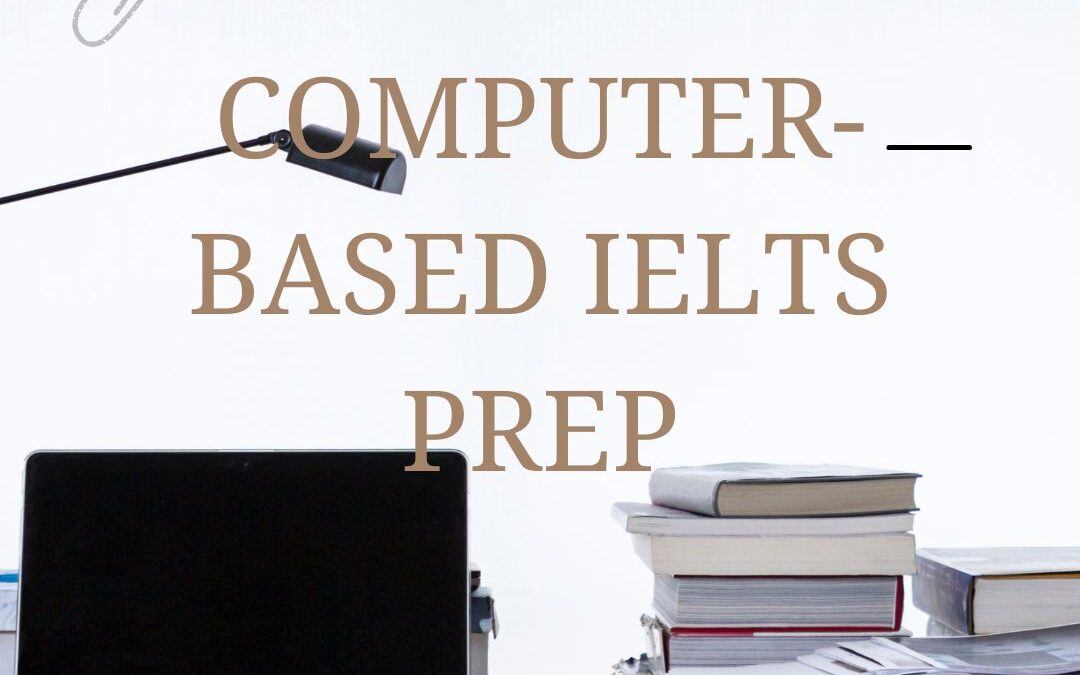The IELTS computer-based exam is a test of English skills, that students take who wish to study at universities and colleges around the world. This exam is accepted by many employers as proof of the candidate’s ability to communicate in English. The computer-based exam comes in two versions: the
- Academic training modules
- General Training modules.
The academic module is for students who wish to pursue a bachelor’s or postgraduate degree. The General Training on the other hand is for those who wish to improve their general English skills or work in an English-speaking environment.
The computer-assisted IELTS exam consists of four sections: Listening, Reading, Writing, and Speaking. A score of 36 is achievable, depending on 9 points per section. The exam lasts for 2 hours and 45 minutes.
To pass the IELTS computer-based exam, it is important to practice your skills and to make yourself familiar with the material. Here are seven simple tips to help you prepare for the exam:
Become Familiar With the Test Format
The exam is divided into four sections: Listening, Reading, Writing, and Speaking. In each section, you will answer different types of questions like multiple-choice or short answers. It is a must that you know the format of each section so that you know what kind of information to include in your answer. Being familiar with the instructions and format of each section will save you time on exam day.
Become Familiar With the Test Format
Once you have a basic understanding of the test format, it is favorable to practice sample questions from previous tests. This way you gain confidence and know how to approach each question, and what facts or details you need for a correct answer. By practicing with sample questions, you can find out in which areas you need further improvement to succeed on test day.
Develop Time Management Skills
In a computer-based IELTS exam, the time allotted for each section is limited. Thus, it is crucial that you develop time management skills , so that you can complete all the tasks while still meeting deadlines. You can do so by reading the keywords and summaries. Practice summarising presented texts to complete tasks faster and to answer all your examiners’ questions.
Don’t Panic if You Get Stuck During Your Exam
The last thing one should do while taking their IELTS computer-based exam is panic. If you find yourself stuck in a certain question or task, panicking will only lead you further away from success. It will cause you to lose focus which could lead to careless mistakes in other parts or related sections. This can cost you points later down the line during the grading process. When faced with confusing or difficult problems, be calm, and use the available resources such as reference materials provided by the examiners. Take extra time to analyze the data presented in the problem before moving on to the next question or task within the allotted time. Remember that everyone makes mistakes here and there, but it is important to learn from them without letting fear of failure overtake your mind.
Have Fun With It!
Last but not least don’t forget to enjoy the process despite stressors coming along the way on testing days. Though studying hard is a necessary part, don’t forget to take breaks to relax your mind between sessions. This is to ensure your brain functions when needed most . Small things like listening to music, walking around the house, and taking a snack break can make difference. It gives the candidate a jolt of energy to walk away feeling proud of an accomplishment after completing a grueling ordeal!


Recent Comments